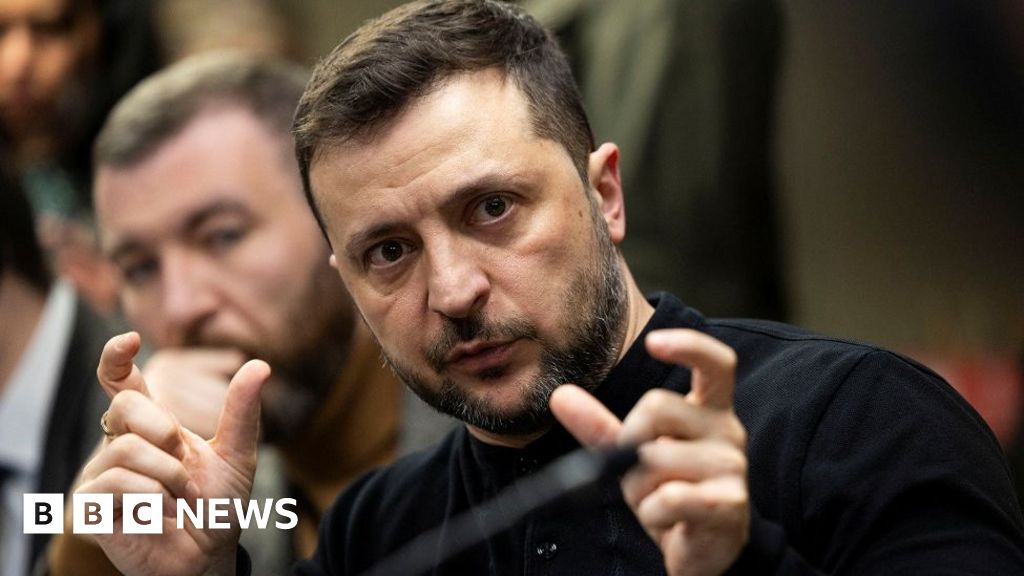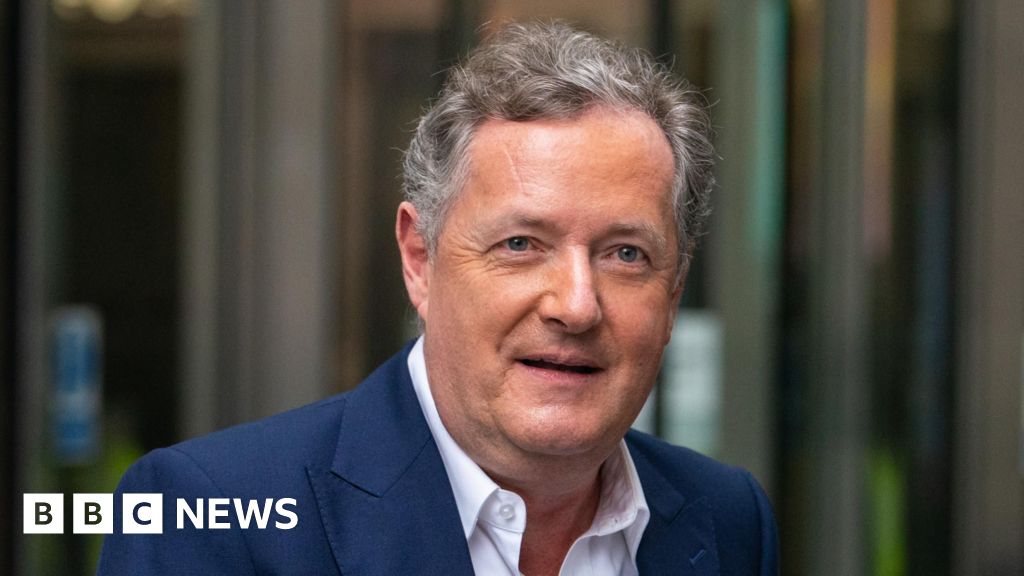ACI Prensa Staff, Mar 28, 2024 / 16:00 pm
The regime of President Miguel Díaz-Canel in Cuba has prohibited several Holy Week processions in different cities of the country, including the El Vedado area of Havana as well as in Bayamo, a town that was the scene of major protests earlier this month.
Last week, ACI Prensa, CNA’s Spanish-language news partner, reported on the prohibition of processions in the Diocese of the Most Holy Savior located in the Bayamo-Manzanillo area in the province of Granma, due to the regime’s fear that new protests would break out. The prohibition has been extended to the capital, Havana, according to a Catholic priest.
In a March 25 Facebook post, Father Lester Zayas, pastor of Sacred Heart of Jesus Parish in the El Vedado business district of Havana, reported that the day before he had been notified by the government that “the Holy Burial procession would not be approved.”
The Dominican friar stressed that the interruption of this Good Friday tradition will have significant repercussions on the community.
“The refusal seems to be related to my person. Apparently my homilies make some people uncomfortable or nervous,” he commented.
The priest also believes that this decision is a “punishment” for his homilies, which he denied are political in nature but rather shed the light of the Gospel on reality. He called the ban on the procession a “violation of religious freedom” since the parish’s request for permission for the procession was made “in the name of the people” and not in his name.
“Never in my years of priesthood have I made use of public space, say during processions, to call for anything other than piety,” he explained. Given the situation, the priest said that the procession would take place inside the church.
In addition to Zayas’ announcement, according to sources from the Catholic Church cited by the Cuban media outlet 14ymedio, the suspension of outdoor processions has been confirmed in at least two other parishes in the province of Villa Clara, located in the central region of the island.
Father Wilfredo Leiter, pastor of Immaculate Conception Parish in the town of Sagua la Grande in Villa Clara, said on social media that the authorities have also prevented him from carrying out the Holy Burial procession on Good Friday.
“A lot of people are asking me why we carried out this large crucifix during the Palm Sunday procession. Answer: This figure of Christ crucified was supposed to be brought out on Good Friday but the authorities who claim to respect religious freedom didn’t give permission for that day, so we took it out today. As it was taken down from the altar and weighs 300 pounds we weren’t going to not let it be taken out on the streets,” the priest stated.
Osvaldo Gallardo, a writer and religious freedom activist who lived for more than 40 years in Cuba, told ACI Prensa that the “government fears these processions because they can get out of control.”
“We will find out on Good Friday itself or later if more public religious expressions are prohibited,” he added.
Almost 1,000 violations of religious freedom
Amid the restrictions imposed on Holy Week processions, the Cuban Observatory for Human Rights (OCDH) reported March 27 that in 2023 that there were at least 936 incidents violating religious freedom in Cuba.
The most common repressive measures, according to the OCDH report, included arbitrary arrests and harassing families at their homes to prevent them from attending Sunday Mass.
The report also noted that several members of Ladies in White, a citizen opposition movement that brings together wives and other relatives of Cuban prisoners, have had their freedom to worship restricted.
This story was first published by ACI Prensa, CNA’s Spanish-language news partner. It has been translated and adapted by CNA.
Diego Lopez Marina has a degree in Communication Sciences with a specialization in journalism from the University of San Martín de Porres (Peru). He began his professional career in 2015, as an editor for the Journalistic Archive area of the Diario El Comercio. In 2016 he began working as an writer for ACI Prensa and since 2018 he has been working as a web editor.
 (1).png)
 11 months ago
42
11 months ago
42



















